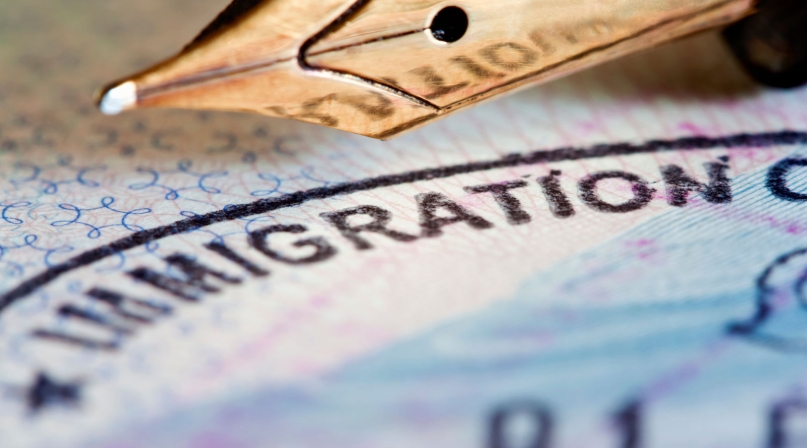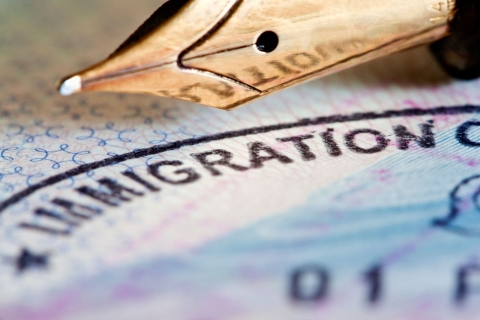Appeals Court upholds injunctions on Department of Homeland Security’s 'public charge' rule
Author
Upcoming Events
Related News

Key Takeaways
On December 2, the Ninth U.S. Circuit Court of Appeals ruled to uphold two preliminary, lower court injunctions on the U.S. Department of Homeland Security’s (DHS) public charge rule. The rule has faced a series of legal challenges and appeals, though a Supreme Court ruling in February allowed implementation to proceed during ongoing lawsuits. The latest ruling prevents DHS from enforcing the "public charge” rule in 18 states and the District of Columbia. However, the legal battle is ongoing and may reach the U.S. Supreme Court for a final decision.
The rule significantly expands the scope of programs and factors that federal immigration services can consider when determining whether an individual seeking permanent legal residency, or a visa extension is likely to become a public charge (primarily dependent on the federal government for subsistence). It defines a public charge as someone who relies on cash and non-cash benefits, such as housing or food assistance, for more than twelve months in a three-year period. These benefits include programs such as Temporary Assistance for Needy Families (TANF), Supplemental Security Income (SSI), Medicaid, and rental and food assistance. As a result of the COVID-19 pandemic and the subsequent economic crisis, many county residents are increasingly accessing these services.
As administrators of numerous federal public assistance programs and front-line providers of the public’s health and safety, counties continue to be impacted directly by federal immigration policies and practices. Now, faced with addressing and mitigating the impacts of COVID-19, the public charge rule may have even more unintended consequences than ever before. For example, the rule may discourage individuals from seeking public health benefits such as Medicaid or the Children’s Health Insurance Program (CHIP), making them more susceptible to unknowingly contracting and spreading the virus. This would further strain already burdened local governments who are struggling to curb the spread of the coronavirus and present additional challenges as the number of cases continue to rise across the country.
For more information on the rule and its impact on counties, view this NACo analysis.

Attachments
Related News

House Agriculture Committee introduces 2026 Farm Bill
On February 13, House Agriculture Committee Chairman G.T. Thompson (R-Pa.-15) introduced the House version of the 2026 Farm Bill, the Farm, Food, and National Security Act of 2026.

U.S. House passes final minibus funding package
Congress introduced the final FY 2026 Appropriations package, including key county priorities related to transportation, housing, health, emergency management and public safety

USDA and HHS release new dietary guidelines
On January 7, U.S. Department of Agriculture Secretary Brooke Rollins and U.S. Department of Health and Human Services Secretary Robert F. Kennedy, Jr. unveiled the new Dietary Guidelines for Americans, 2025–2030.
